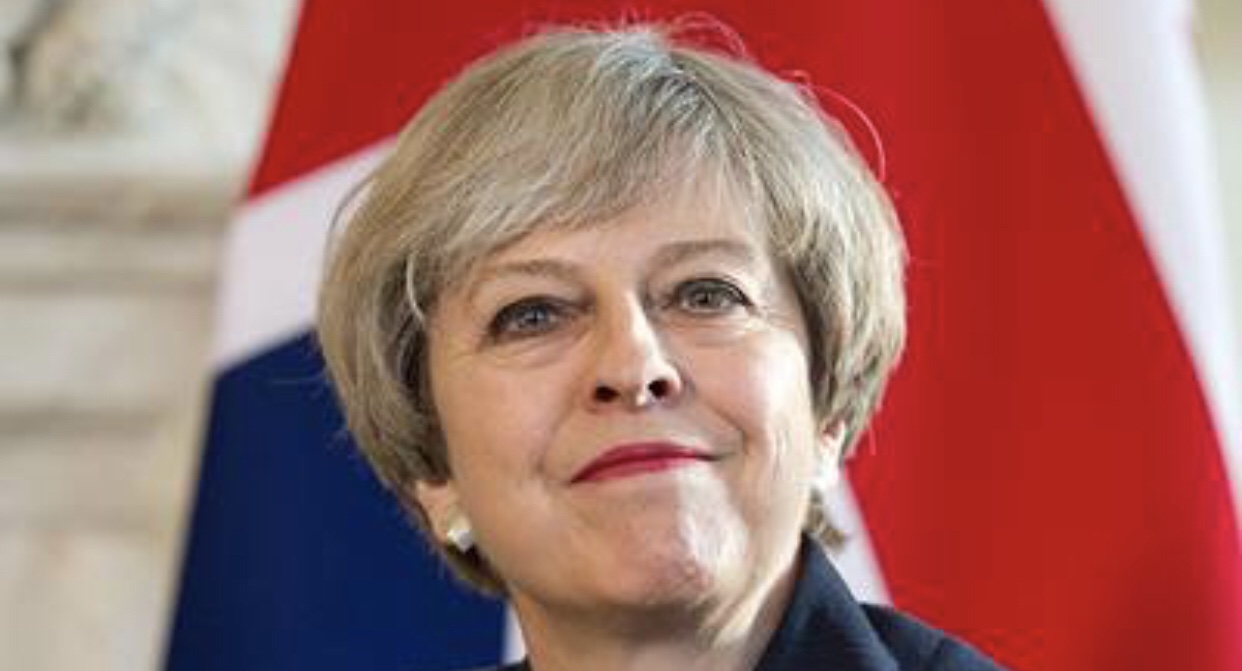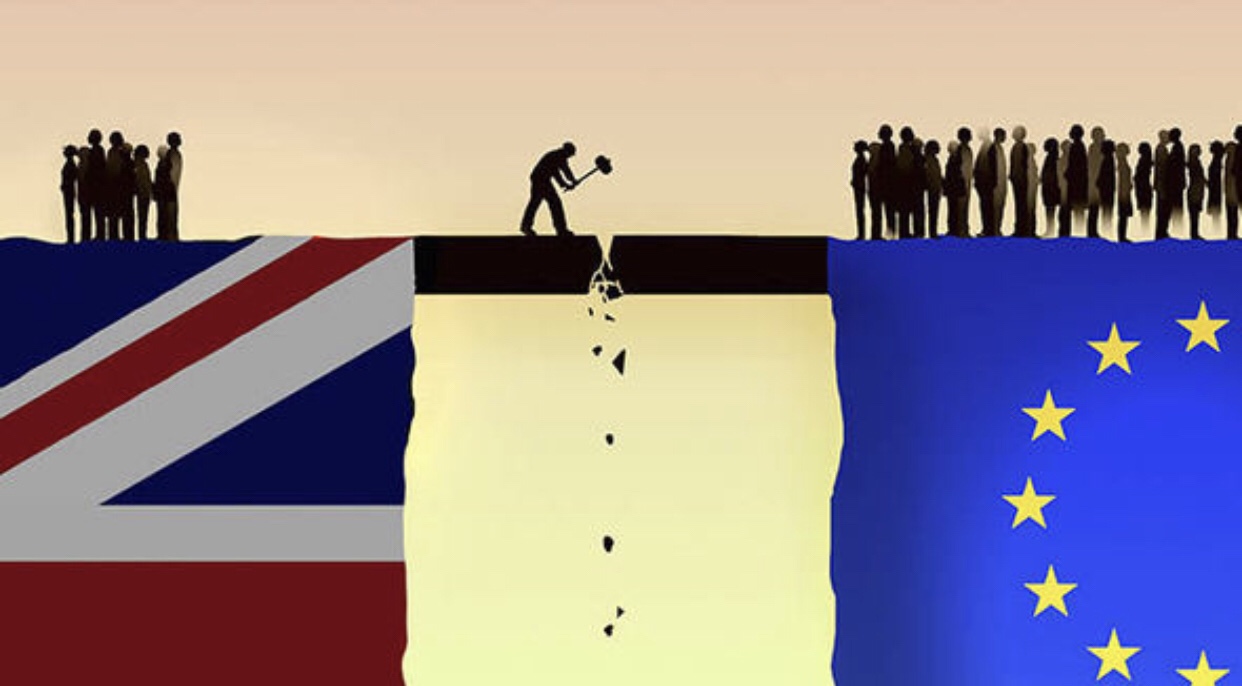May hopes for EU assurance before Brexit meaningful vote
Brussels says PM likely to be offered ‘exchange of letters’ confirming EU’s intention to quickly conclude trade talks.
I am convinced that this will happen, but will it be enough for a deal to get Parliament support? I think it will closer than people think.
Theresa May hopes to secure last-minute assurances from the European Union before next Tuesday’s meaningful vote over Brexit, although there are significant differences between the sides and scepticism that rebel Tories can be won over.

Brussels sources said at lunchtime on Monday that the prime minister was likely to be offered an “exchange of letters” confirming the EU’s intention to quickly conclude trade talks with the UK.
No 10 added that the sought-after clarification would only be published just before next week’s final vote, and would not emerge before the long-awaited five-day Brexit debate begins on Wednesday afternoon.
Jeremy Corbyn demanded that May came to the Commons in the afternoon to spell out what progress had been made in the Brexit talks during the Christmas break, but the prime minister, unveiling a 10-year NHS plan, sent her Brexit secretary, Stephen Barclay, instead.
Corbyn told MPs there should be “no more hiding and no more running away” by the government and said the reason that May had nothing to update about the Brexit talks was because there was “nothing to know”.
Barclay did not answer when asked by Labour MP Alison McGovern whether any assurances obtained would be made public by Wednesday, prompting the backbencher to complain about the lack of progress.
“This is ludicrous. The vote has been delayed for a month for these assurances, yet we are still in the dark. The Brexit clock is ticking but the prime minister just keeps wasting time,” McGovern said after the Commons debate.
The EU says the correspondence under discussion would flesh out language already included in the withdrawal agreement but it is hoped its clarity could persuade some MPs of the EU’s intention to avoid triggering the Irish backstop.
Brussels is willing to repeat that the target for achieving a free-trade deal is the end of 2020, which if achieved would avoid the need for the unpopular Irish backstop to come into force, but the UK is sceptical that deadline can be achieved.
The target date cited in the mooted correspondence would not constitute a deadline for concluding the trade talks, however, and EU officials are sceptical as to whether the gambit will be sufficient to win over enough MPs to get May’s contentious deal through parliament.
An EU official said: “We have to stick to what is in the withdrawal agreement. We can copy and paste – but what is the point if it is a copy and pasting exercise?”

But the UK wants the EU to commit to a more legally binding target to finalise trade talks by the end of 2021, a year later. The UK believes this would force the EU to negotiate in good faith, would allow a realistic amount of time to conclude the free-trade deal, and above all, to limit the Irish backstop to a maximum of a year.
“If we can’t get a free-trade deal agreed by the end of 2020, then what’s the next jumping off point?” a Whitehall source said. “That’s the area we are poking about in.”
The prime minister insisted over the weekend that the delayed vote on the deal would take place in the Commons next Tuesday despite widespread doubts that Downing Street had any hope of success.
There are 81 days until Brexit is due to take place on 29 March, and Downing Street would not rule out MPs sitting over the half-term if that proved necessary. “We’ll do whatever is required to get the relevant legislation in place,” May’s spokesman said.
A deadline is one of three elements of a package – along with strengthened parliamentary oversight and a commitment to keeping open trade between Northern Ireland and Britain – designed to address MPs’ concerns that commitments to avoid a hard Irish border will shackle Britain to Brussels indefinitely.
Downing Street will step up no-deal preparations, with a radio publicity campaign on commercial stations that will start on Tuesday morning. The adverts are intended to help answer questions the public may have, although will inevitably lead to accusations that ministers are trying to frighten the public.
The prime minister’s official spokesman said that in addition to May’s conversations with Jean-Claude Juncker, she had also spoken to France’s president, Emmanuel Macron, on Friday, at the conclusion of a week of high-level diplomacy in an attempt to obtain fresh language to get her deal over the line.
May also spoke to Mark Rutte, the Dutch prime minister, on Wednesday, in addition to previously disclosed calls to the German chancellor, Angela Merkel, and Donald Tusk, the European council president. She was also in contact with the Irish prime minister, Leo Varadkar, her spokesman said.
Source: The Guardian
You must be logged in to post a comment.